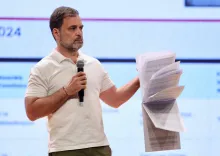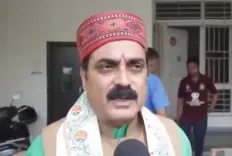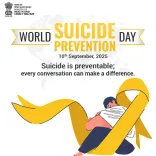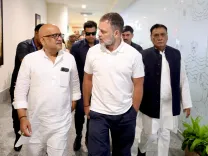How Many Development Projects Has India Undertaken in Other Nations?
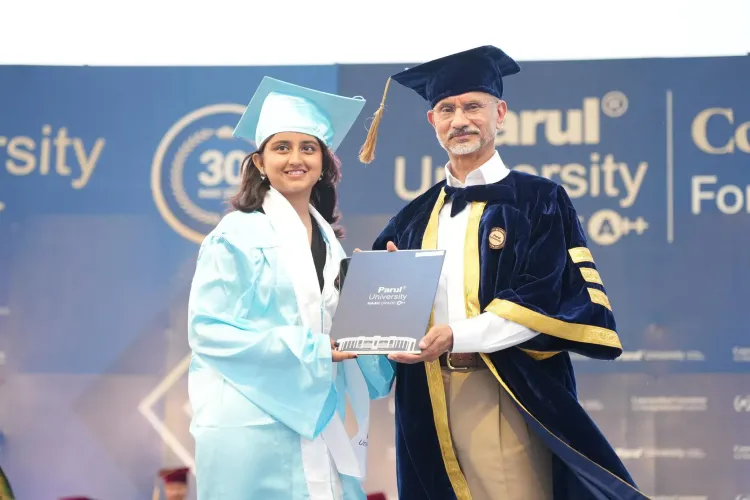
Synopsis
Key Takeaways
- India has initiated over 600 development projects in 78 countries.
- The nation provided vaccines to 99 countries during the pandemic.
- India emphasizes capacity building for its partners in the Global South.
- Key initiatives like the Jal Jeevan Mission are implemented internationally.
- India addresses global challenges such as climate change and energy security.
New Delhi, May 30 (NationPress) External Affairs Minister (EAM) S. Jaishankar announced that India has engaged in over 600 development projects in 78 countries across diverse continents.
“While our resources may be limited, India has consistently demonstrated a generous spirit. Even as a developing nation, we have initiated more than 600 development projects in 78 countries worldwide,” stated EAM Jaishankar during the Parul University Convocation in Vadodara, Gujarat.
He highlighted that despite focusing on national priorities, India managed to provide vaccines to 99 nations and medications to 150 during the COVID crisis.
“When we champion the interests of the Global South, it comes from a place of shared experience that only we can understand. Making ethical choices also aligns with smart strategies,” he remarked.
In his address, EAM Jaishankar articulated that India's mission, even while fostering relationships grounded in proximity, sociology, and heritage, is to cultivate goodwill through development.
“We employ two major strategies to guide our international efforts. Firstly, we share our experiences in practical ways, ensuring they are pertinent to our partners' needs, often more so than alternatives they might find elsewhere. Secondly, we focus on enhancing capacity building, empowering partners to make informed decisions. This approach provides our partner nations, particularly those in the Global South, with greater choices and negotiating power,” he elaborated.
EAM Jaishankar further noted that the Jal Jeevan Mission stands as one of the flagship initiatives of the Modi administration. “Internationally, we have implemented that vision significantly in places like Tanzania, Mozambique, Maldives, and Malawi. In terms of electricity and its effective distribution, our capabilities cultivated domestically are now being utilized in Bhutan, Bangladesh, Myanmar, Nepal, Nigeria, Benin, and Gambia,” he mentioned.
He acknowledged other urgent challenges faced by the world, particularly by India's allies in the Global South.
“The pandemic revealed how interdependent we are regarding health security,” he stated.
EAM Jaishankar remarked that the conflict in Ukraine highlighted vulnerabilities in energy security, with the lack of fertilizers and food scarcity deeply affecting numerous economies.
“Debt situations have deteriorated alongside declining trade prospects due to distant financial decisions. Throughout these challenges, the impacts of climate change have become increasingly severe, even as resources to combat them have diminished. I mention these issues not to alarm, but to encourage awareness of the broader challenges confronting humanity. Each of us can find ways to contribute positively,” he concluded.

